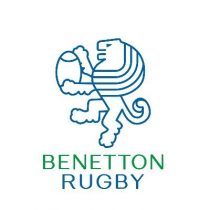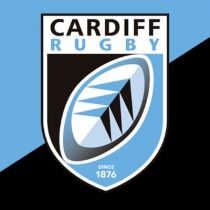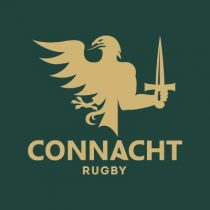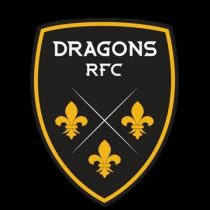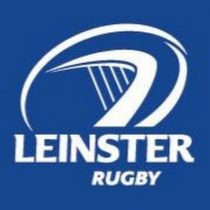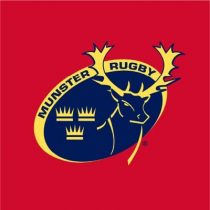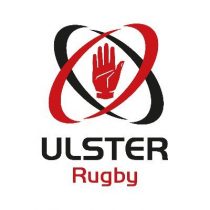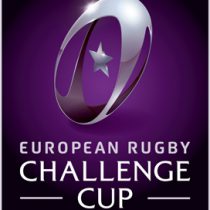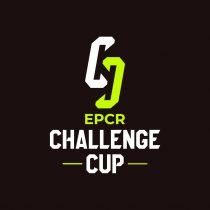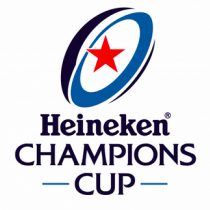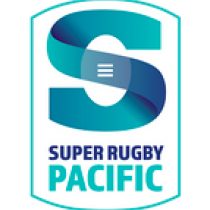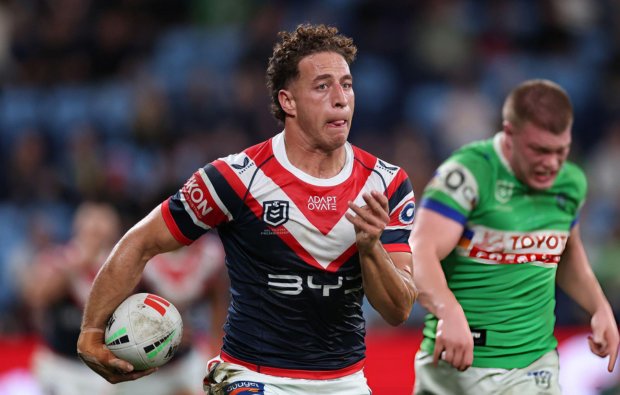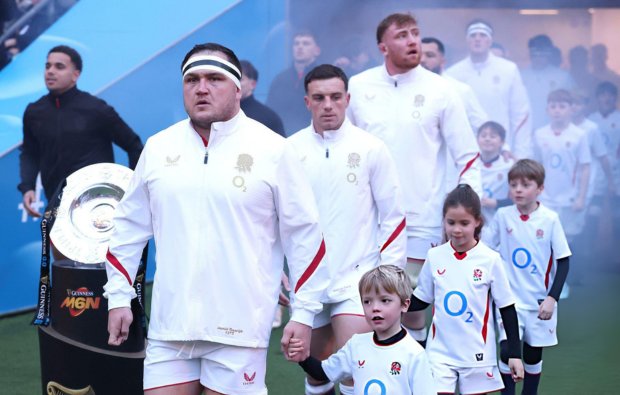Anayi: South African Entry Has Strengthened URC & Europe
- 4598

It’s been a pretty eventful eight years since Martin Anayi took over as chief executive of what is now the BKT United Rugby Championship.
“It’s eight years and three children for me!” he says, reflecting on the passing of time and family life.
So, one wonders, is the BKT URC his other baby?
“I think it might be just that,” he replies, with a chuckle.
“It definitely is a labour of love. I guess quite a lot has happened. We have been busy.”
That’s certainly the case. Having inherited the old PRO12 in 2015, the former motor sport administrator oversaw the creation of the PRO14, with South African sides the Cheetahs and Southern Kings drafted on board.
Then came the big move, with Super Rugby sides DHL Stormers, Cell C Sharks, Vodacom Bulls and Emirates Lions taking over as the representatives from the Rainbow Nation amid the birth of the 16-team BKT URC in 2021.
Fast forward to today and we find those sides also involved in Europe and contributing to a remarkable showing by the league.
All eight BKT URC sides in the Heineken Champions Cup have reached the last 16, while seven have followed suit in the EPCR Challenge Cup, meaning 15 of the 16 teams have made it through to the knock-out stages.
So, looking back at his goals when he took the helm, how satisfied is he with the progress made?
“We wanted to build a league that was really solid,” he says.
“There’s definitely been a progression. We initially brought in two teams from South Africa that weren’t the big four from that country.
“Our real aim was to bring in the four sides that we have got now. Part of that was to get more depth, more competition within the league, so it wasn’t just the domain of an Irish team winning.
“Bringing in the four South African teams has challenged that situation and raised everybody’s game
“There is no question at all they have added to the BKT URC. They won it! The Stormers won our league. They won the first BKT URC, in Cape Town, against the Bulls who had beaten that mighty Leinster side away from home in Dublin in the semi-finals. There was an immediate impact.”
As for the much-debated inclusion of the South African sides in Europe this season, Anayi says: “Everything is difficult when it’s new and change is very difficult for people, but you couldn’t have a situation where the winners of our league weren’t in the Champions Cup.
“Yes, the travel is different for the French and English teams, but if you check out the social media of the teams that have been down there - Exeter, Clermont, Harlequins - they have absolutely loved it.
“They are big ticket games - Sharks versus ‘Quins - for me that’s a dream fixture. You have got these incredible brands going up against each other and we need to celebrate that.
“I was in no doubt that once the competition got going and the French and English sides really started engaging with these teams, that the benefit would be there for all to see.”
Reflecting on the success of the BKT URC in Europe this season, he added: “The structures are now in place to create great moments like we had at the weekend. “Getting 15 out of 16 teams through to the knock out stages, eight out of eight in the Champions Cup. That’s not easy to do. I am really pleased about that.
“It’s the highest win ratio we’ve ever had in the pool stages. It’s higher than the English Premiership and the Top14.
“That’s the most pleasing thing, we are getting that depth to the competition and taking that through to the EPCR.”
To add some meat to that bone, the BKT URC’s win rate in the Champions Cup this season is 65.6%, compared with 43.75% for the Gallagher Premiership sides and 37.5% by the French TOP14 contingent.
It’s now back to league action, with Round 13 coming up this weekend as the battle for top-eight play-off spaces intensifies.
“One win separates fifth and tenth. There are 13 teams still in play-off contention,” said Anayi.
“When you are outlining how competitive a 16-team tournament needs to be, that wouldn’t be that far off.
“The more variety we have in the top eight the more pleased I am about the league. My ideal scenario is you have got a representative from each of the countries in there.”
Speaking about the overall health of the BKT URC and interest levels around the various territories, he said: “There are some really pleasing elements in terms of the data we collect, whether that be attendance, audience figures, social media.
“We also track perception though a brand tracker and the data coming out of that has been really improved.
“There was a perception previously that the Irish teams were always strong within it. We are now seeing Glasgow and Edinburgh are very competitive. Benetton are in the top eight on merit and we get joy out of seeing them beating Stade Francais in Europe.
“It’s taken as read the South African teams are strong at home, but they are starting to win away which has added to the jeopardy of the league. Leinster v Sharks in October was an 18,000 sell-out in Dublin, which is really the domain of a Champions Cup game or a derby.
“Where we still need to improve in terms of perception is in Wales and that comes with results. We have a lot of games free-to-air there and we are doing our best to promote the message of the BKT URC.
“Having successful teams in Wales makes a huge difference. You saw that in the year the Scarlets won the league, you saw it when Cardiff won the Challenge Cup. It has an effect on crowds and engagement. We’ve just not seen that success for the last few years, but this season, my goodness, we are starting to see some real runs being put together, notably in the Champions Cup with the Ospreys, with incredible victories against Montpellier and Leicester.
“We’ve also had the runs the Scarlets and Cardiff have put together in the Challenge Cup. Hopefully they will build that momentum back into the league.”
So, as he looks to the future, what are the next set of objectives?
“We have still got a bit of a job to do with teams 16 to 14, potentially up to 13, in terms of are they as competitive as they can be,” he replied.
“There’s a lot to do commercially to make the game bigger and a lot to do to bring new fans into the grounds.
“By no means are we done. It’s not a finished article. It’s definitely a work in progress, but the building blocks are there more so than when it was the PRO12 or the PRO 14.
“Next season, most likely we will go back to straight meritocracy, with the top eight going through to the Champions Cup.”
On his own involvement moving forward, he adds: “I am taking a much more active role to try and get the European competitions back to where they once were.
“It’s generally accepted that the format is too complicated. There is a desire from a lot of fans and media to go back to an easily understandable group stage, moving away from the two conference structure. People want simplicity with a group format that makes sense and is a lot clearer.
“At the heart of it, we have still got a very compelling competition, with some great rugby, we just need to focus on the format a bit more.”
So still much to do and on to the next eight years.
